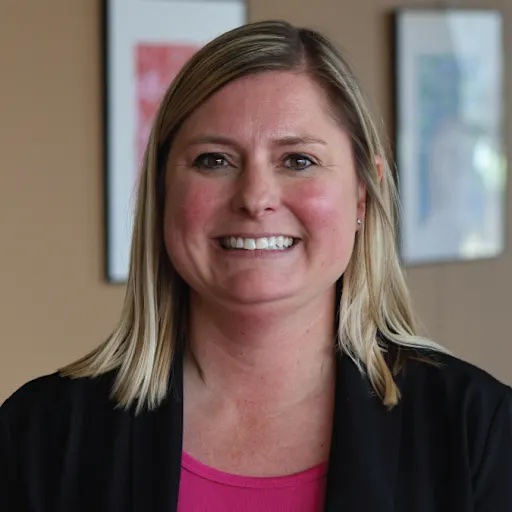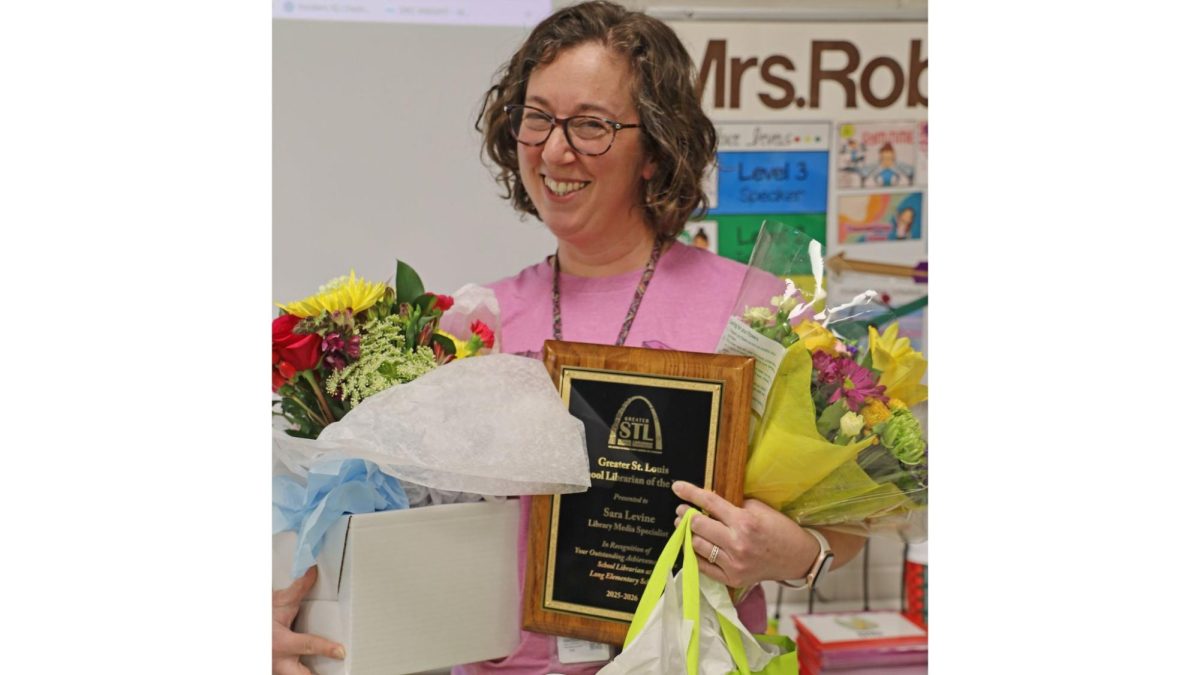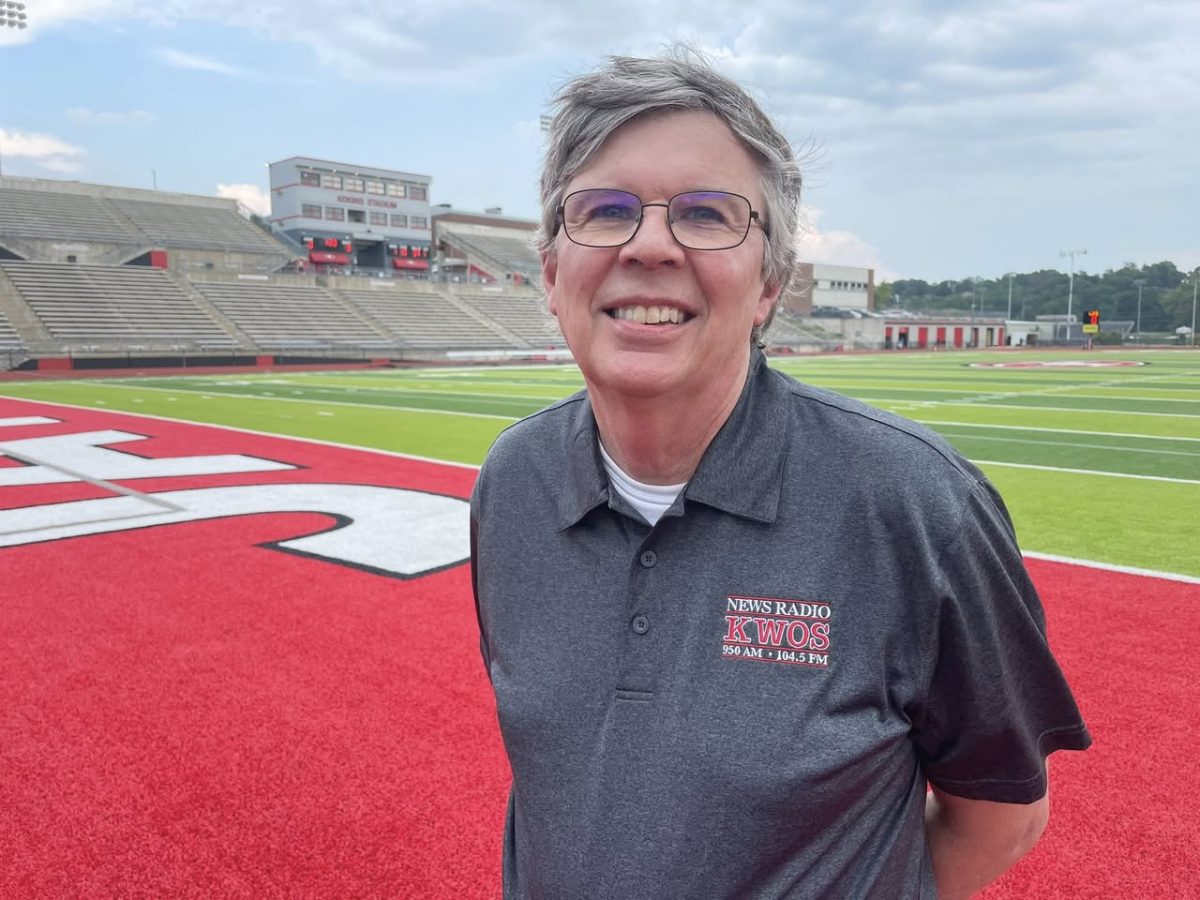The Mehlville School District is a “top-performing district,” and should start calling itself such, according to Superintendent Eric Knost.
Recently released draft data from the Department of Elementary and Secondary Education shows Mehlville scored 137 out of 140 possible points, or 97.9 percent, on its Missouri School Improvement Plan 5, or MSIP 5, Annual Performance Report — a ranking and accreditation tool. Of 559 public school districts and charter schools in the state, 26 ranked higher than Mehlville.
“That is less than 5 percent of all the public schools and charter schools in the state of Missouri ,” Knost told the Board of Education Jan. 10. “If that doesn’t prove that we’re a top-performing district in the state, I’m not sure what would.”
Districts that outranked Mehlville include City Garden Montessori, ranked No. 1; Clayton, ranked No. 2; and Lindbergh, ranked No. 6.
Sarah Potter, communications coordinator for DESE, said DESE is taking the last three years of data from its old system, MSIP 4, and “rescoring” it into the new system to give an idea of how past performance would show up.
Potter said the data will look different by the end of the summer because the draft data is “just through Nov. 29.” 2013 Missouri Assessment Program, or MAP, data will be included at that time, along with having “the districts’ new calculations in there that they’re still figuring out how to report.”
Some of the big changes to the data, according to Potter, include adding SAT, COMPASS and ASVAB scores. COMPASS is a computerized placement test for community colleges. ASVAB is a military aptitude test.
“We’re trying to widen our net here and (we’re) recognizing that not all kids are going to a college or university …,” Potter said. “We want districts to be able to use that information and tell us how their students are doing.”
Tina Plummer, assistant superintendent of curriculum, assessment and professional development, told the Call Mehlville received 95 percent of the points for College and Career Readiness standards one through three, which include the additional assessments. Plummer said she believes Mehlville will “continue to make gains” in this area because of the district’s focus “on continuing to make our kids college and career ready.”
“We are continuing to work on making sure whatever path children are heading down, that we have them take an assessment that’s going to help them continue down that path …,” Plummer said.
Completion of advanced courses is also included in MSIP 5 data. Districts previously received credit just for offering Advanced Placement, or AP, and dual-enrollment courses, Potter said. If students enrolled in AP courses do not take the AP test, the district does not receive the full amount of points that are possible.
“We’re wanting districts to help students get college credit,” Potter said. “(Taking the test will save) the families a tremendous amount of money if they do actually take the test and get a passing grade …”
Plummer said Mehlville did “fabulous” in the AP area, receiving all 10 possible points. Students had to earn a three or higher on the exam, which is scored from one to five, to qualify.
Knost said the language in the district’s course guide recently was changed to state students in AP courses are “expected” to take the AP exam, though it is not required.
Mehlville has “fared so well thus far” with MSIP 5 “because it’s a culture,” according to Knost.
“It’s changing a culture, and not too many years ago, interest in our schools for AP courses just was not there,” Knost said. “Well, we’ve changed that … and we’re getting kids involved in those courses. They understand the importance and the significance of those courses.”
Career-education placement is now a factor, besides college placement, according to Potter.
Plummer said career education is an area where Mehlville feels it is strengthening its career path. The district has a two-year culinary program, ProStart, which began in the 2012-2013 school year. Project Lead The Way, or PLTW, is a four-year biomedical sciences program, which was implemented the same year.
Students who take the culinary classes can earn ServSafe certification before graduating, “which allows them to go straight into the food industry and get a job,” according to Plummer.
Classes also are being added for PLTW that prepare students for work in the medical field, Plummer said. Next year, Human Body Systems will be added, with Medical Interventions the following year; and Biomedical Innovations in the 2015-2016 school year.
Another “big focus” is on individual students, Potter said, and attendance is being calculated differently. Previous ratings looked at schools having a 90 percent attendance rate overall.
“Now we’re asking for 90 percent of students to be there 90 percent of the time,” Potter said.
But the “big goal,” according to Potter, is college and career readiness. The MSIP 5 scoring guide “moves students into continuous improvement” and keeps them achieving as they move forward, Potter said.
The state of Missouri wants to be in the top 10 states for education by 2020, which is known as “Top 10 by 20,” and MSIP 5 helps prepare the state to earn that distinction, according to Potter.








